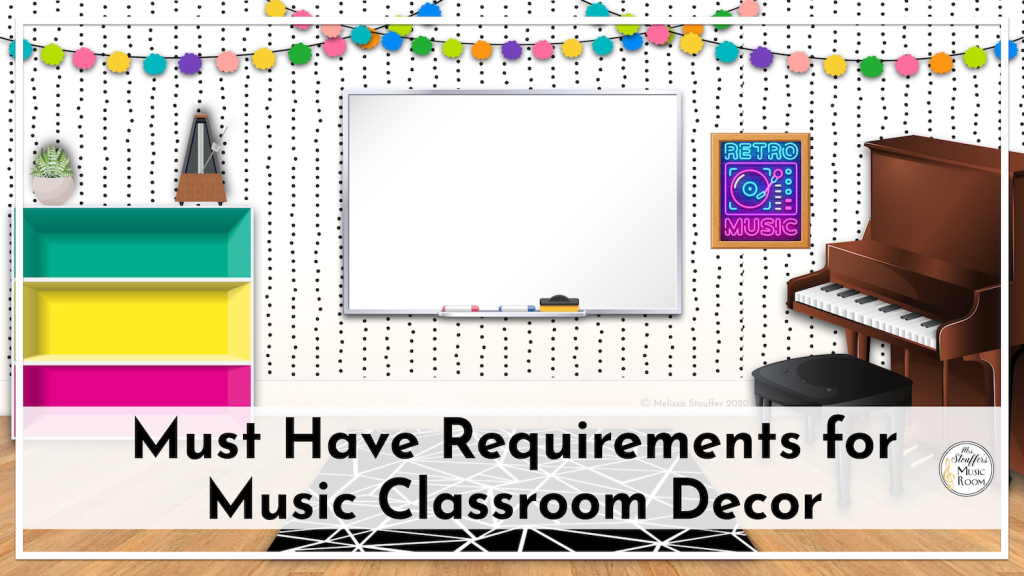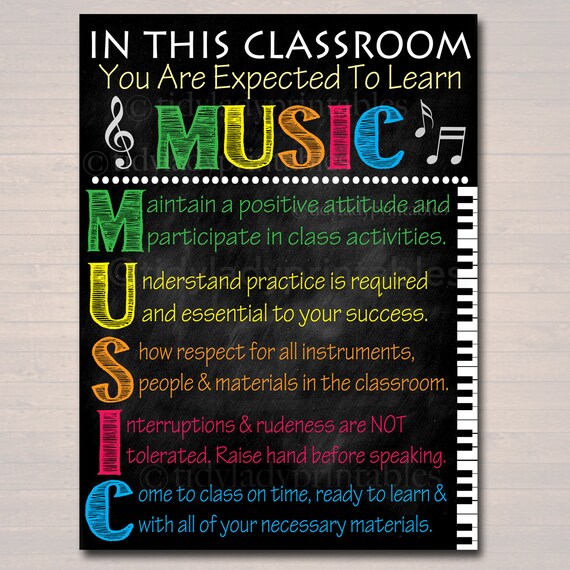Creating a vibrant and inspiring music classroom can profoundly impact students’ learning experiences. As a long-time music educator, I have witnessed how the right decor can transform a dull room into a lively, motivating environment. This article will explore various ideas and tips for music classroom decor, drawing from personal experiences and research.
Why Music Classroom Decor Matters
The atmosphere in a music classroom plays a vital role in students’ engagement and creativity. A well-decorated space can:
- Enhance focus and concentration
- Encourage creativity and self-expression
- Foster a sense of belonging and community
- Provide visual learning aids
In this guide, we’ll delve into various elements of music classroom decor, practical tips for implementation, and a few personal anecdotes that highlight the importance of a well-designed space.
1. Elements of Effective Music Classroom Decor

1.1 Color Schemes that Inspire
Colors greatly influence mood and energy levels. When selecting a color scheme, consider these options:
| Color | Psychological Effect | Best Use |
|---|---|---|
| Blue | Calming, promotes focus | Classrooms for theory and composition |
| Yellow | Cheerful, stimulates creativity | Performance spaces |
| Green | Balanced and refreshing | All-purpose classrooms |

1.2 Inspirational Wall Art
Art can be a great motivator. Consider the following:
- Framed posters of famous musicians
- Musical quotes that resonate
- Student artwork and projects
Personal Experience:
During my early years of teaching, I had a student create a mural inspired by their favorite artist. Not only did it beautify the classroom, but it also fostered pride and ownership of the space.

1.3 Functional Bulletin Boards
Bulletin boards can be more than just decoration. Use them for:
- Showcasing student achievements
- Displaying upcoming events
- Creating a calendar of notable music history events
1.4 Classroom Zones
Creating specific zones in your classroom can enhance focus and collaboration. Consider these zones:
- Practice Zone: equipped with instruments
- Listening Zone: comfortable seating for auditory activities
- Creative Zone: areas for composition and lyric writing

2. Tips for Designing Your Music Classroom Decor
2.1 Incorporate Student Input
Engaging students in the design process can lead to a space that feels personal and inviting. Conduct a survey or hold a brainstorming session to gather their ideas.

2.2 Use Multi-Purpose Furniture
Opt for furniture that is versatile and can be rearranged. Foldable chairs and tables can provide flexibility for various activities.
2.3 Keep It Organized
Clutter can be distracting. Utilize storage solutions to keep instruments, sheet music, and other materials organized.

3. Creative Music Classroom Decor Ideas
3.1 Seasonal Decor Themes
Changing decor seasonally can keep the environment fresh and exciting. For instance:
- Autumn: Leaf motifs and warm colors
- Winter: Snowflakes and blue tones
- Spring: Floral patterns and vibrant hues
3.2 Interactive Decor
Enhance engagement with interactive decor, such as:
- Chalkboard walls for brainstorming sessions
- Magnetic walls for arrangement activities
3.3 Incorporating Technology
Consider integrating technology into your decor with:
- Digital displays for showcasing performances
- QR codes linked to musical resources
4. Pros and Cons of Different Decor Styles
4.1 Traditional vs. Modern Decor
| Style | Pros | Cons |
|---|---|---|
| Traditional | Timeless appeal, familiarity | May feel outdated |
| Modern | Contemporary, fresh vibe | Can be less inviting for some students |
5. Personal Touches That Make a Difference
5.1 Family Photos and Memories
Incorporating personal elements like photos can create a warm environment. Share your musical journeys and experiences with students.
5.2 Celebrating Student Achievements
Designate a space to celebrate student accomplishments. This recognition fosters motivation and pride.
5.3 Thematic Displays
Create thematic displays relevant to your curriculum, such as:
- World Music Month: Highlighting different cultures’ music styles
- Composer Spotlight: Monthly focus on a different composer
6. Music Classroom Decor Checklist
Before you dive into decorating, consider this checklist to ensure you cover all bases:
- Choose a color scheme.
- Plan seating arrangements.
- Gather inspirational artwork.
- Create functional bulletin boards.
- Incorporate seasonal decor ideas.
6.1 Budget Considerations
Establish a budget before starting. Here’s a simple guide:
| Item | Estimated Cost |
|---|---|
| Paint | $50-$150 |
| Furniture | $100-$500 |
| Art Supplies | $30-$100 |
| Decor Items | $50-$200 |
7. Frequently Asked Questions (FAQs)
7.1 What colors are best for a music classroom?
Colors like blue for calmness, yellow for creativity, and green for balance work well. The choice largely depends on the vibe you wish to create.
7.2 How can I make my music classroom more inviting?
Incorporate personal touches, engage students in the design process, and ensure the space feels comfortable with flexible seating arrangements.
7.3 Are there budget-friendly decor options?
Yes! DIY projects, repurposing existing materials, and utilizing student artwork can significantly reduce costs.
7.4 How often should I update my classroom decor?
Consider updating seasonal decor quarterly, while refreshing student displays and bulletin boards as needed to keep the space engaging.
7.5 Can technology enhance music classroom decor?
Absolutely! Digital displays and interactive decor can make lessons more engaging and accessible for students.
Conclusion
Designing a music classroom is an exciting opportunity to create an inspiring and engaging space for students. Remember, the decor is not just about aesthetics; it’s about fostering a creative environment where every student feels valued and motivated. With careful planning and consideration of your students’ needs, you can create a music classroom that resonates with creativity and passion.